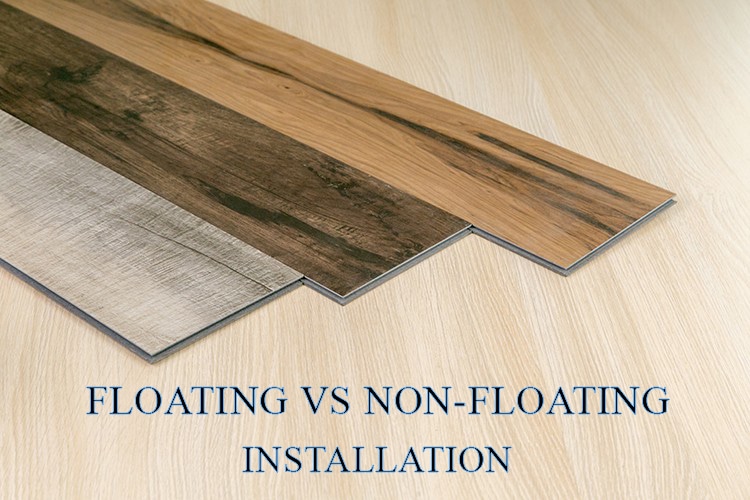These soft spots in the laminate floor can be fixed using an air inflation needle or a syringe that is used.
Laminate flooring should feel soft due to its floating.
Laminate flooring in the kitchen is okay as long as you re diligent about cleaning up spills and splashes.
Soft and spongy spots in laminate flooring can be caused by the uneven sub floor or an improper installation of the flooring underlayment.
Laminate flooring is generally somewhat soft underfoot since it is installed over a foam underlayment.
In this method individual planks or in some cases tiles interlock edge to edge to.
A springy or spongy feeling could indicate a minor issue a major problem or.
Floating floors have become increasingly popular for many types of floor coverings.
Due to its synthetic blend laminate is more affordable than more premium natural options such as wood ceramic tile or stone.
Floating floors have become popular in diy circles due to their ease and speed of installation without specialized tools.
And the hard plastic surface can telegraph the clicks of shoe heels and pet toenails.
But as a floating floor it can sometimes flex underfoot unless the subfloor is perfectly flat.
Installations on basement floors and slabs should include a moisture barrier.
Even the best laminate flooring is susceptible to moisture damage and shouldn t be installed laundry rooms and rooms with sump pumps or floor drains.
Vinyl manufacturers tried several times with floating sheet products.
No one likes the feel of a supposedly solid floor bouncing or sagging underfoot.
When laminate flooring first hit the united states in 1994 under the brand name pergo flooring installation began to change.
How to fix springy and spongy floors.
The term floating floor does not refer to a type of flooring material but rather to a method of installation that can be used with a variety of materials including laminates engineered hardwood and luxury vinyl flooring.
However commercial grade laminate flooring still provides great durability as it resists scratches sunlight and even heavy wear and tear.
Rather than being nailed down it is held in place by its weight friction between the floor and its underlying subcontrols and or its snapped together joints.
Laminate was not the first attempt of a floating floor.










